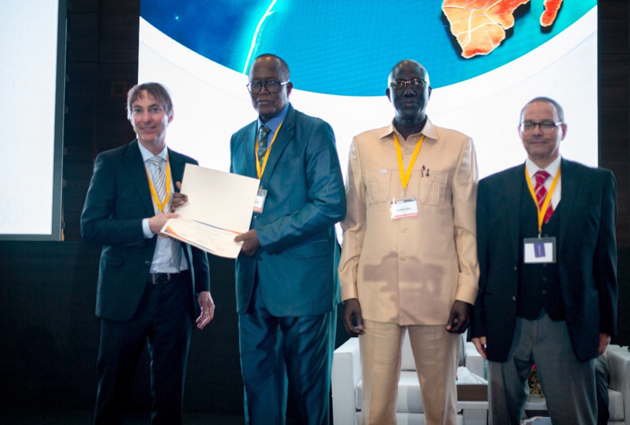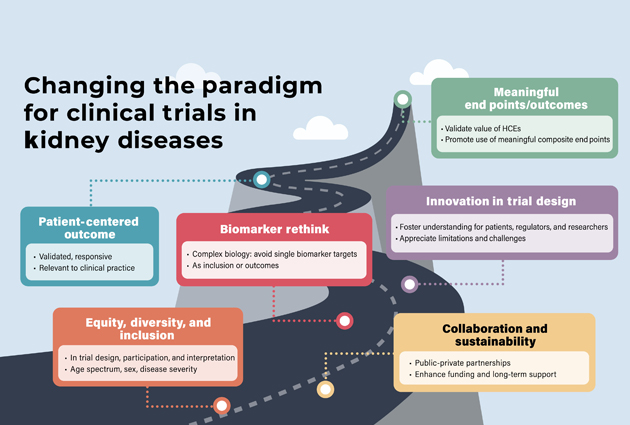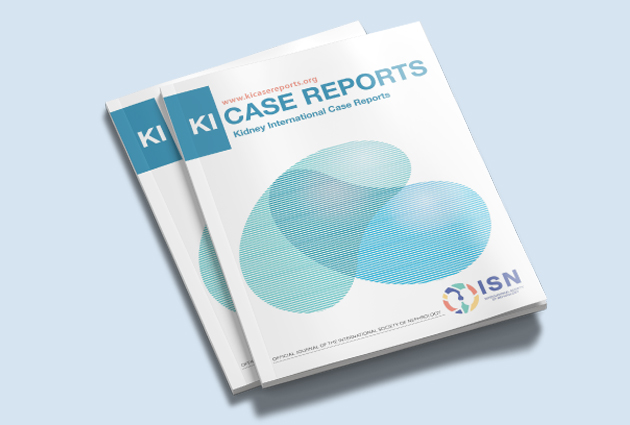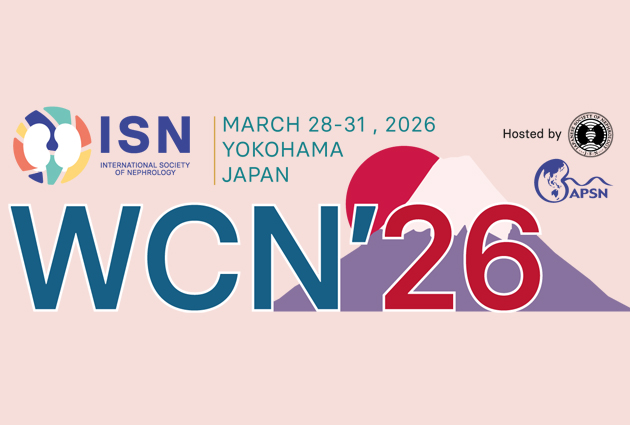Second edition of ISN Global Kidney Health Atlas now available for download
This second edition of the ISN Global Kidney Health Atlas (GKHA) 2019 focuses on improving understanding of the regional burden of end-stage kidney disease (ESKD) and the capacity for care delivery.
The latest findings will help encourage relevant stakeholders across countries and regions to advocate for improved access to and quality of kidney care. The data have valuable policy implications, providing a benchmark for measuring country and regional progress in kidney care and encouraging member states to bridge regional and national gaps.
The ISN GKHA provides an overview of the current capacity for ESKD care, focusing on disease prevention and management. This second edition of the GKHA report was launched at the ISN World Congress of Nephrology 2019 in Australia.
To date, the GKHA has been most frequently downloaded in Western Europe, Latin America, Oceania and South-East Asia (OSEA) and North America and the Caribbean ISN regions.

You can download the latest version here. https://www.theisn.org/global-atlas
Some 160 countries of the 182 countries contacted responded to the survey, covering more than 98% of the global population.
The burden of ESKD
Past ISN President David Harris says, “We identified several common barriers to optimal ESKD care delivery across countries and regions; poor ESKD care funding (dialysis and transplantation), particularly in low-income nations; limited workforce capacity, and significant variations in how care structures are developed and organized. Most of these challenges reflect economic differences between countries and regions as well as political and socio-cultural factors.”
Key findings include:
- Nearly half of all countries publicly fund non-dialysis Chronic Kidney Disease (CKD) care, with almost two-thirds publicly funding dialysis and transplantation,
- Public funding for ESKD care is less common in low-income countries,
- In 92% of countries surveyed, nephrologists are primarily responsible for ESKD care,
- Worldwide, the median number of nephrologists is 9.95 per million population (pmp). Low-income countries have the fewest nephrologists (0.2 pmp), followed by lower-middle (1.6 pmp), upper-middle (10.8 pmp), and high (23.2 pmp) income countries.
The ISN GKHA project is a multinational, cross-sectional survey designed to assess the current capacity for kidney care in all world regions as part of the ISN’s ‘Closing the Gaps’ initiative. You can read more about the initiative here. https://www.theisn.org/global-atlas








